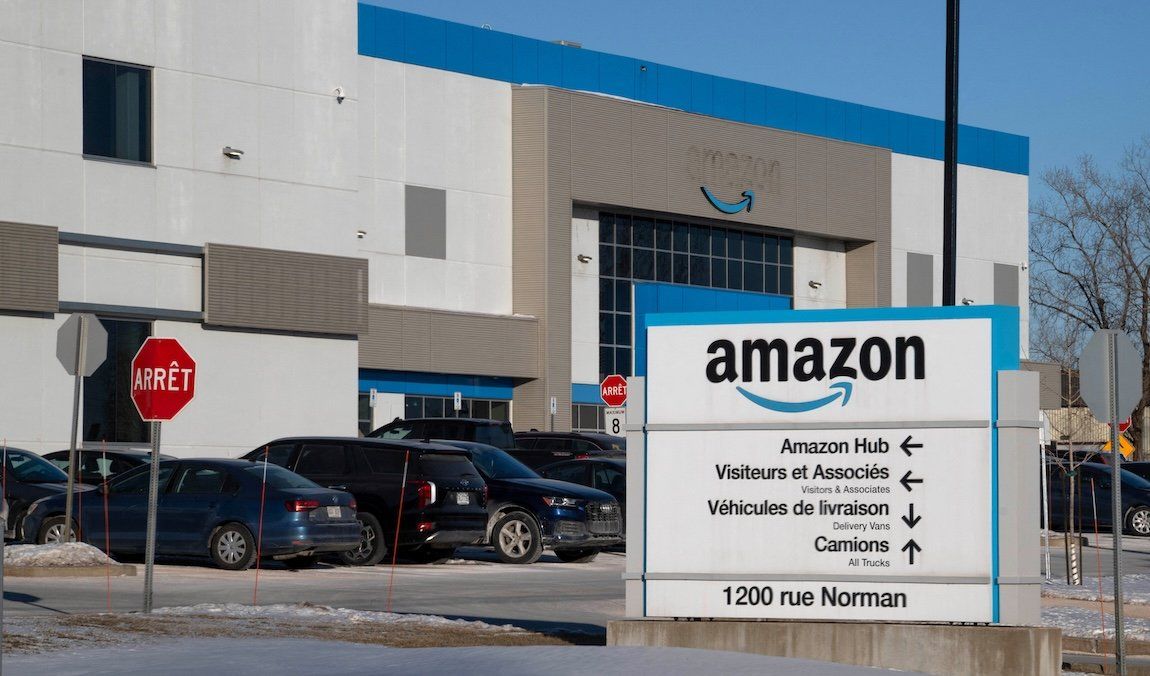1,700: On Wednesday, Amazon announced it will close all Quebec facilities in the next two months, cutting over 1,700 jobs and outsourcing deliveries to smaller contractors. The company claims the decision is for cost savings, not related to the recent unionization at its Laval warehouse — Quebec's only unionized Amazon workforce in Canada. The CSN union federation denounced the closure as nonsensical. Workers at the Laval facility, who were seeking a $26 per hour wage, received news of the closure through an email to their union lawyer.
1,500: The Pentagon is sending 1,500 troops to secure the southern US border. The move comes two days after Donald Trump signed a series of executive orders – including one declaring a national emergency – to increase military presence at the border.
1 billion: Quebec-based Novacap Investments has successfully closed a $1 billion digital infrastructure fund, predicting that the rapid growth in AI will keep the demand for digital infrastructure high. To put this sum in perspective: Canada only raised $1.56 billion in private equity funds in the first 11 months of last year. The fund exceeded its initial $750 million target despite challenging market conditions, and it aims to invest around $100 million each in 10 regional companies providing connectivity and data services.
19 billion: Despite previously championing the tax increase as finance minister, Chrystia Freeland plans to abandon the Canadian government's capital gains tax hike policy if she wins the Liberal Party leadership race to replace Justin Trudeau. Freeland's shift against the tax hike – the policy would have generated CA$19 billion over five years – comes in response to Donald Trump’s policies and the risk of investment flowing to the US.
